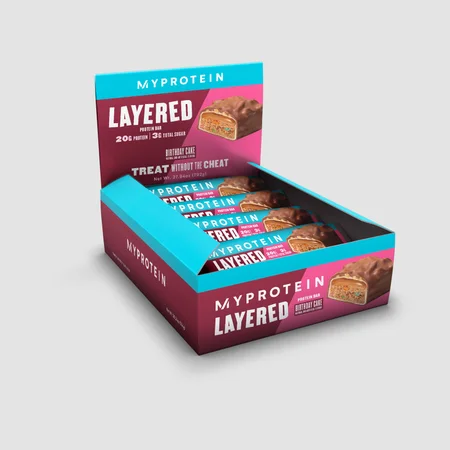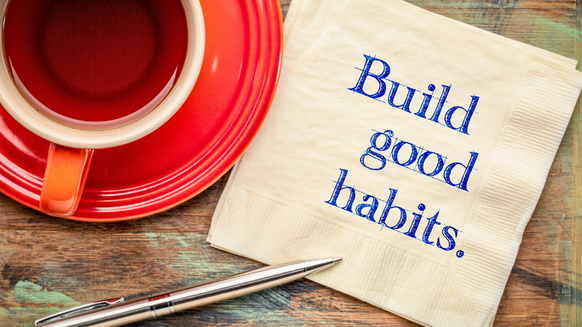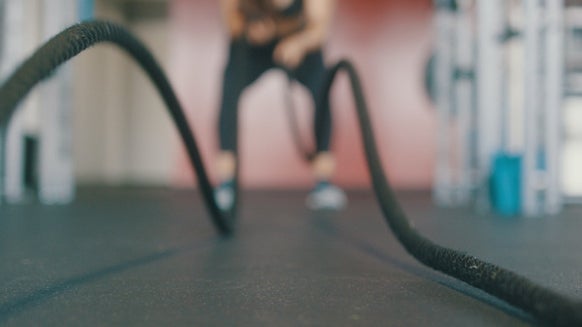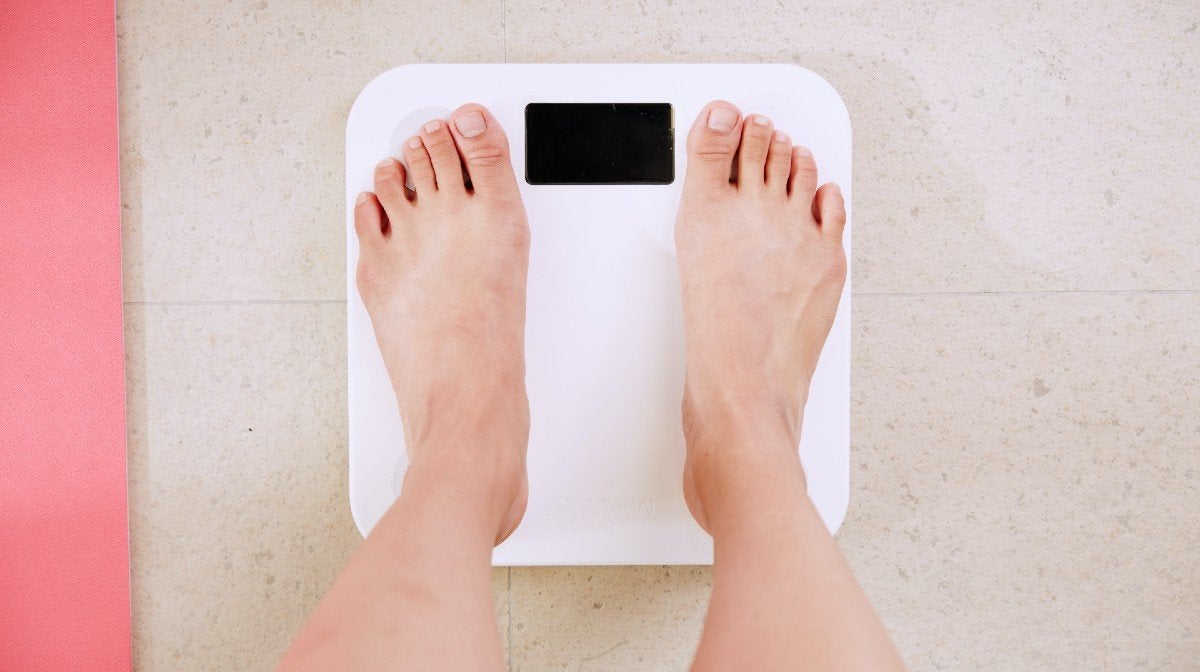
Weighing scales can play an important role in weight management. They can help you track your progress and see how your diet and exercise are affecting your body. People who weigh themselves frequently tend to be more successful at losing weight, even when weight loss isn’t their goal.1 And for those who do intend to lose weight, daily weighing has been shown to improve weight loss results, perhaps because it encourages people to adopt better weight control behaviors.2
But for some people, self-weighing can be more harm than help. People can become obsessed with the numbers they show and be too hard on themselves if they don’t hit their targets or put on weight slightly.
In one large-scale study evaluating the research on self-weighing and weight management behaviors, it was found that while self-weighing did often lead to better weight loss outcomes, many participants, particularly women and younger people, experienced issues with self-esteem, body image and unhealthy eating habits.3
In this article I’m going to discuss how it’s possible to develop a healthy relationship with the scales and use them simply for their intended function — a means of collecting data and not for judging whether you are a “good” or “bad” person.
How important are weighing scales for weight loss?
Do you need to keep track of your weight during a weight loss journey?
Not necessarily, but weighing yourself can be very helpful. As mentioned previously, self-weighing has been shown to improve weight loss outcomes.
This may be due to taking up healthier behaviors, such as3: - Eating less calorie-dense, processed foods
- Increased physical activity
- Eating more fruits and vegetables
- Drinking less alcohol
While weighing scales have no direct effect on these behaviors, being able to see the progress of adopting these behaviors may lead to an increased likelihood of sticking to them. It’s a bit of a chicken-and-egg situation.
Are scales the best measure of weight loss?
Much of the time, yes…
But it’s important to clarify whether we’re talking about body weight or fat loss.
Body weight is made up of various contributors at any given time. I like to call them “stable” and “fluid” contributors.
Stable contributors are those that are mostly fixed or take a significant amount of time and effort to change, so lean muscle mass, bone mass, body fat mass and the weight of internal organs.
Fluid contributors to body weight tend to change constantly from day to day and are relatively erratic. Your body’s water content, glycogen (stored carbohydrates) levels in the muscles and liver, and food in the process of digestion are all examples of fluid contributors.
Hormonal fluctuations, disrupted sleep patterns, stress levels, when you last exercised and when you last visited the bathroom can all influence these fluid contributors to body weight.
When you weigh yourself on the scales, you will often see a variance in weight, but this doesn’t tell you much by itself, as you don’t know whether it’s due to body fat weight loss or gain or down to fluid contributors.
When I work with clients who are comfortable with self-weighing, I always reiterate that body weight measurements are a data point and only ever useful when used to track progress over time.
Weighing yourself once every few weeks is a pointless exercise. For self-weighing to be useful, you need to weigh yourself routinely and collect multiple data points, which you can then use to see if you are trending upwards, downwards, or remaining stable. Ideally, this would be done for at least two weeks after any change.
If you see you are gaining weight (and this is not your goal), then you would recognize you need to make a change to your diet or exercise regime. If you are losing weight and you’d rather maintain it, you might need to decrease your activity levels or consume more food.
As well as scales, skinfold calipers, measuring tape and taking photos are really useful ways of recording your progress, especially if you’re trying to put on some muscle.
Affirmations
In the past, I have struggled with my own relationship with the weighing scales. Often, how my day would go depended on whether my weight had gone up or down.
I chased a lower number because I thought it would bring me self-worth and make me more accepted and desirable.
It took some time, but I managed to change my relationship with the scales for the better, from one that was harmful to one that was more analytical.
Learning to disregard some of the attitudes towards body weight there are in society was a challenge, but it was possible.
I found there were specific affirmations that helped me to learn to rationalize weight change, begin to develop a more neutral position towards it, and view it simply as a way to monitor change.
“Self-worth is not determined by scale weight”
This affirmation tends to resonate with many who have been exposed to the belief that “thinness equals goodness”. Whether through the media or from friends and even family, the need to be smaller is ingrained in the minds of many. Studies looking into weight stigma have concluded it is a genuine societal issue that needs addressing.4
We should not forget that everyone has their own unique circumstances. There are many reasons in life why someone may begin to put weight on over time, and it’s not always as simple as a thinner person being more active and a larger person eating too much.
This way of thinking may even exacerbate the issue for some people and make them less likely to seek help or support.
“Weight fluctuates but healthy change is forever”
This affirmation reiterates some of the findings previously alluded to and is also backed up with evidence from studies following the Health at Every Size (HAES) approach.
HAES is a movement with the purpose of introducing and establishing healthier behaviors and overall lifestyle habits in overweight and obese individuals, without a primary focus on dieting and weight loss.5
This isn’t to say weight loss will not occur in individuals following this approach, but more that it happens as a result of a change in other health behaviors.
“I may be the happiest, healthiest version of myself at a heavier weight”
This is arguably the hardest of all the affirmations to come to terms with because it may go against everything you have been told throughout life.
Instead of seeking to weigh less, why not focus on a different goal, like being stronger? Developing lean muscle mass may lead to total body weight gain, but it won’t necessarily lead to a less desirable body composition.
“Daily weight change is rarely a change in body fat”
From when you last ate to when you’re in your menstrual cycle, daily weight shifts are down to things other than a change in actual body fat.
“Weight can fluctuate by as much as up to 6lb a day”
You’ll either be impressed or disgusted by how much your weight changes after you’ve been to the toilet. And if the way you perceive yourself is dependent on when you last pooped, you definitely want to work on shifting that view to something more worthwhile, like your personality, your interests, your experiences and your relationships.
Take home message
The scales are a toughie … they're often an erratic means of measuring and rarely paint a clear picture of just how successful a health change is progressing, unless used frequently over the course of a few weeks.
While certain parts of society may seem to constantly push the need to be smaller or weigh less, there are many more health outcomes that are worth focusing on first.
If you wish to reduce your body weight, try to ensure you are starting with a healthy outlook and mindset. Challenge your pre-existing views and try following some of the affirmations in this article. The journey to feeling healthier and happier is much easier if you have a healthy relationship with the scales.
READ THESE NEXT:

'High-Protein Diets Are Dangerous' | Nutritionist Calls Fake News
Richie spills the tea....

5 Best Ab Exercises To Work Your Core | Myprotein Masterclass
Perfect for building core strength....
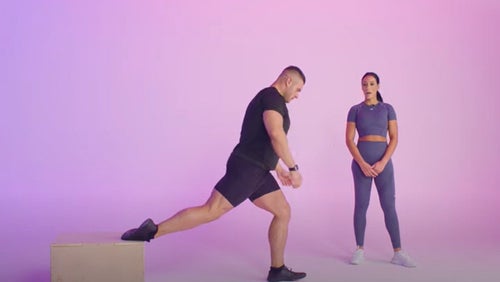
Five Lunge Variations To Spice Up Your Leg Day | Myprotein Masterclass
Go wild for your next lower body day....
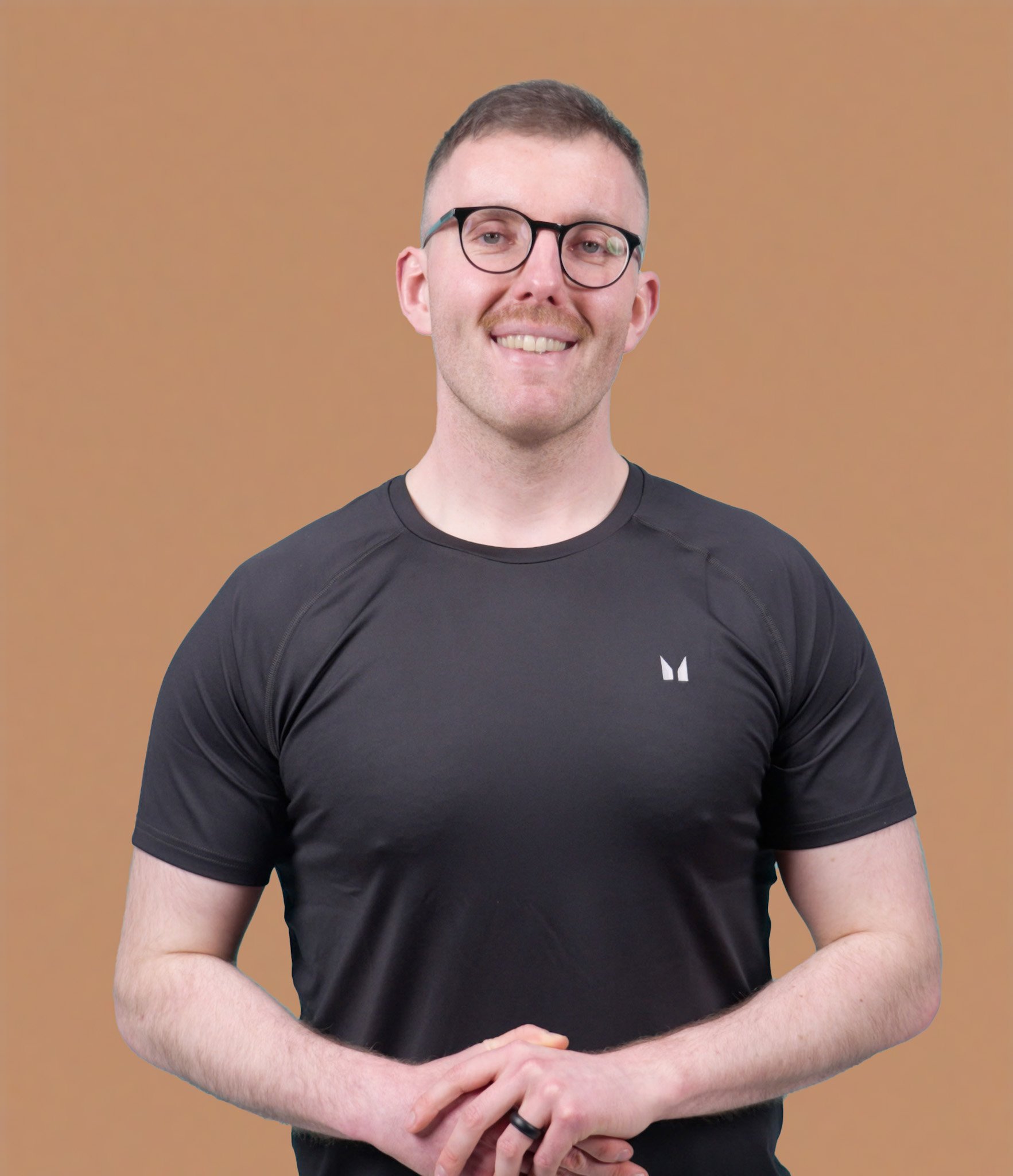
- Vuorinen, A. L., Helander, E., Pietilä, J., & Korhonen, I. (2021). Frequency of Self-Weighing and Weight Change: Cohort Study With 10,000 Smart Scale Users. Journal of medical Internet research, 23(6), e25529. https://doi.org/10.2196/25529
- Steinberg, D. M., Bennett, G. G., Askew, S., & Tate, D. F. (2015). Weighing every day matters: daily weighing improves weight loss and adoption of weight control behaviours. Journal of the Academy of Nutrition and Dietetics, 115(4), 511–518. https://doi.org/10.1016/j.jand.2014.12.011
- Pacanowski, C. R., Linde, J. A., & Neumark-Sztainer, D. (2015). Self-Weighing: Helpful or Harmful for Psychological Well-Being? A Review of the Literature. Current obesity reports, 4(1), 65–72. https://doi.org/10.1007/s13679-015-0142-2
- Spahlholz, J., Baer, N., König, H. H., Riedel-Heller, S. G., & Luck-Sikorski, C. (2016). Obesity and discrimination – a systematic review and meta-analysis of observational studies. Obesity reviews : an official journal of the International Association for the Study of Obesity, 17(1), 43–55. https://doi.org/10.1111/obr.12343
- Bombak A. (2014). Obesity, health at every size, and public health policy. American journal of public health, 104(2), e60–e67. https://doi.org/10.2105/AJPH.2013.301486
